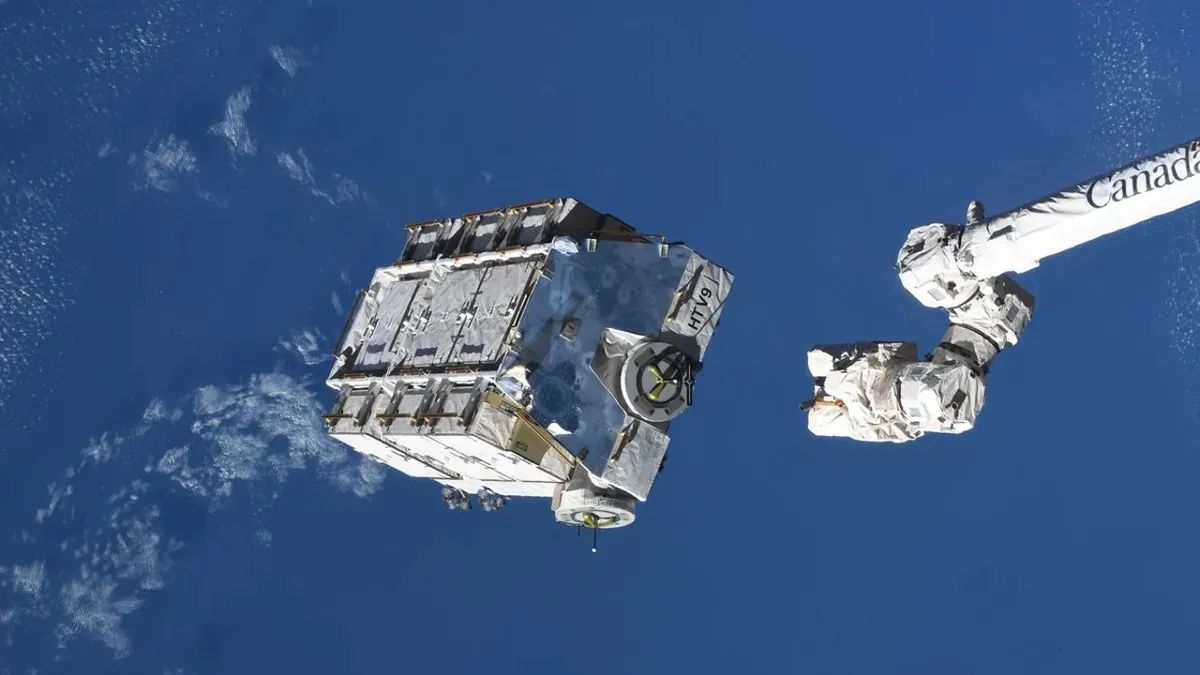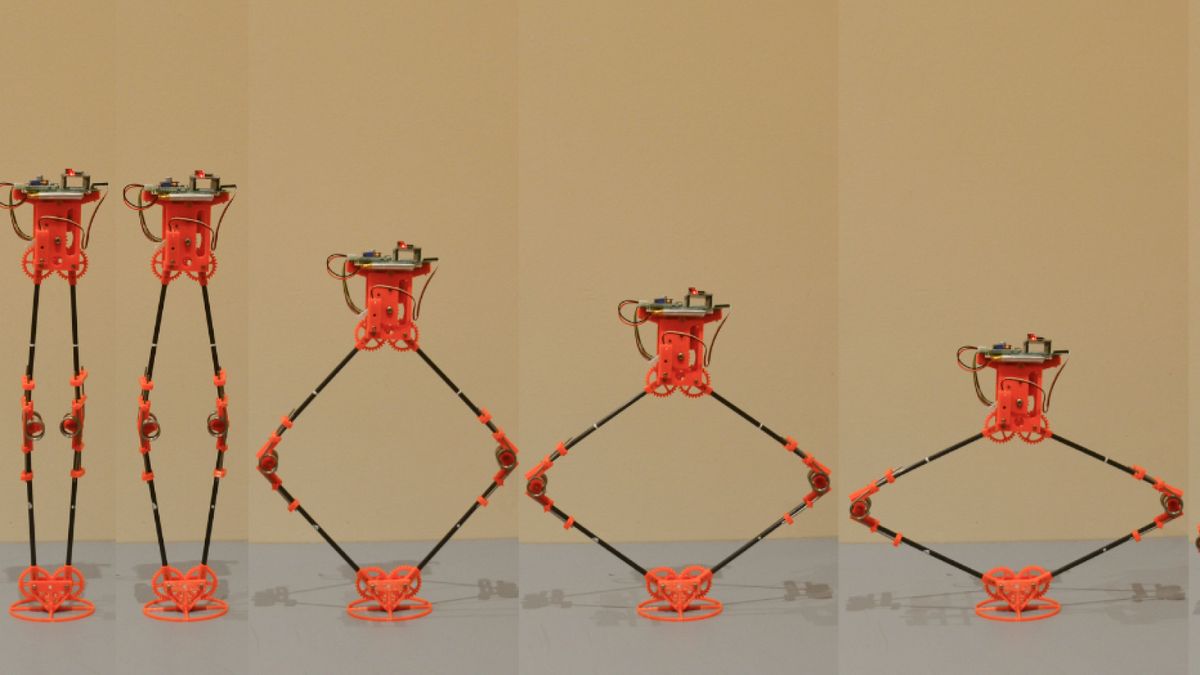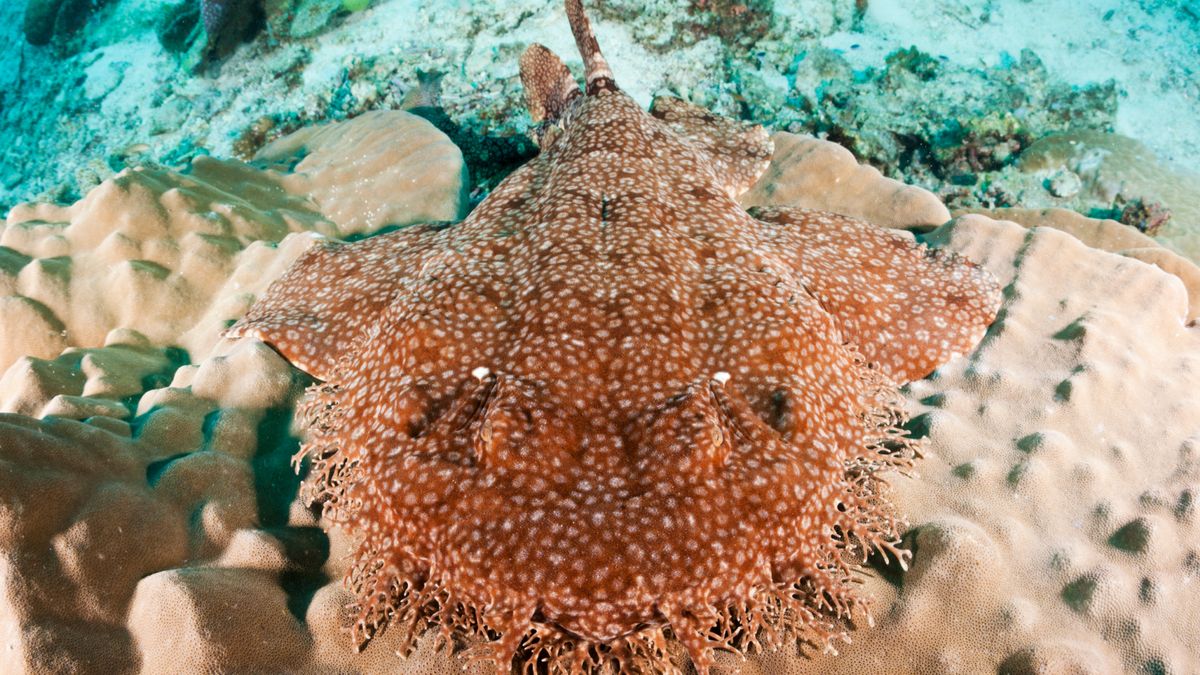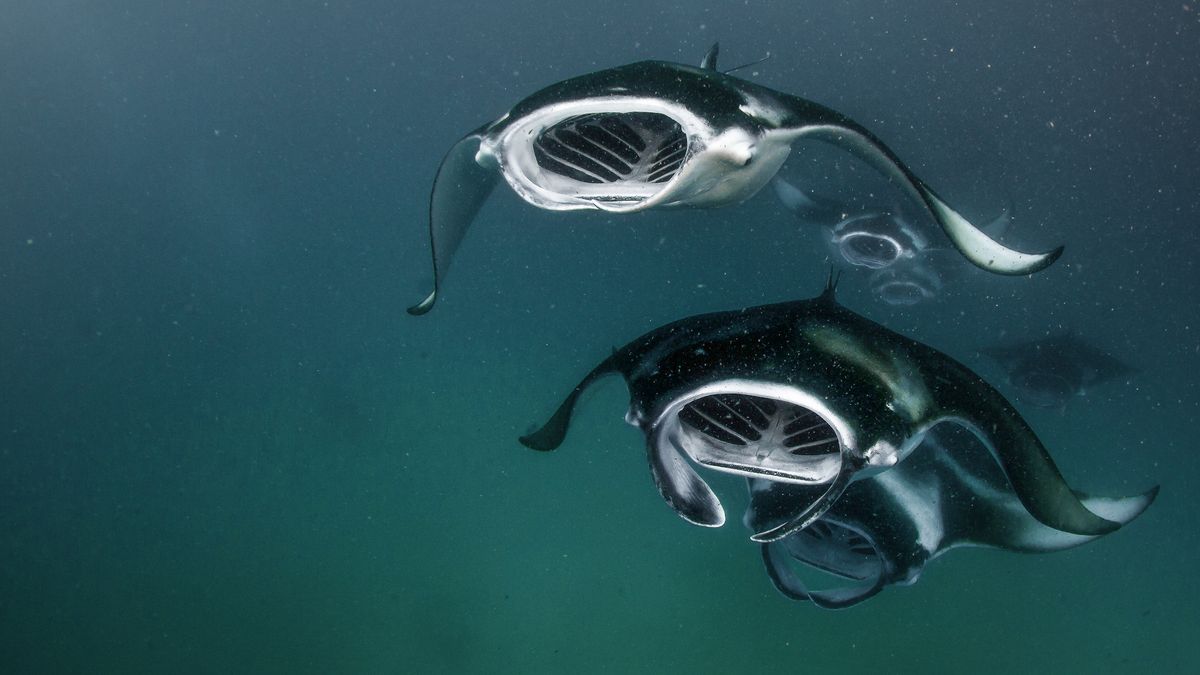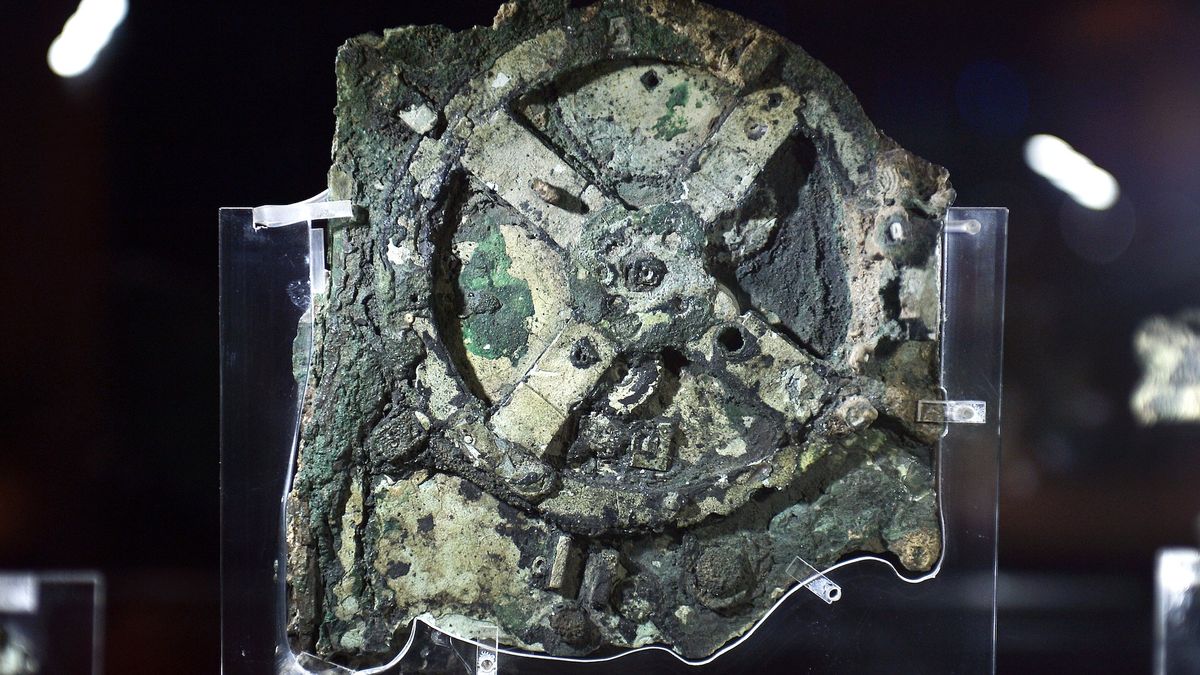The growing problem of space debris isn’t just one that plagues Earth’s orbit. Several instances of space trash crashing back down to Earth have made recent headlines, and one family is requesting that NASA pay for the damages.
The space agency has a claim on its hands after a chunk of space junk crashed through Alejandro Otero’s seaside home in Naples, Florida. The incident occurred on March 8, as debris tore through the roof and two floors of his family home, nearly hitting his son, Otero said in a now-deleted post on X.
NASA has since confirmed the debris came from a 2.9-ton pallet of used batteries jettisoned from the International Space Station in March of 2021; the structure was expected to burn up completely in Earth’s atmosphere. Otero speculated as much in posts online following the incident, and voiced his expectation that the responsible parties be held accountable. “[The Otero family is] grateful that no one sustained physical injuries from this incident, but a ‘near miss’ situation such as this could have been catastrophic,” said Mica Nguyen Worthy in a statement from the law firm representing the family.
In the letter, Worthy points out that, under the Space Liability Convention, NASA would be liable had the debris caused damage in another country, and thinks that policy should apply within the United States as well. “We have asked NASA not to apply a different standard towards U.S. citizens or residents, but instead to take care of the Oteros and make them whole,” Worthy said.
Related: Object that slammed into Florida home was indeed space junk from ISS, NASA confirms
The incident has the potential to set a precedent for governments and private space companies in terms of how compensation could be handled for victims of similar incidents in the future. Though their damage was less severe than that caused at the Otero home, several other reports of crashing space debris have occurred in the past year as well, including portions of a SpaceX Dragon trunk found in Canada and North Carolina, and a piece of an Indian Space Research Organization (ISRO) rocket landing on a beach in Australia.
“Here, the U.S. government, through NASA, has an opportunity to set the standard or ‘set a precedent’ as to what responsible, safe, and sustainable space operations ought to look like. If NASA were to take the position that the Oteros’ claims should be paid in full, it would send a strong signal to both other governments and private industries that such victims should be compensated regardless of fault,” Worthy said.
Originally posted on Space.com.





